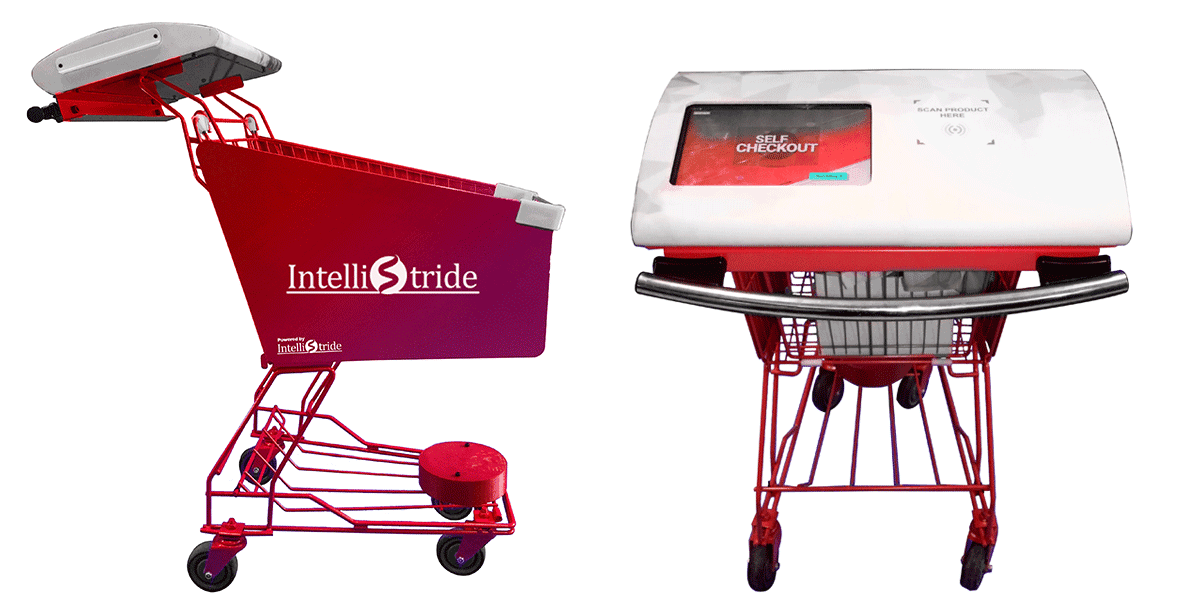We're loading the full news article for you. This includes the article content, images, author information, and related articles.
While conventional shopping trolleys remain ubiquitous, innovations in motorised and smart cart technology are slowly emerging, promising enhanced convenience and efficiency for Kenyan shoppers and retailers alike.

The idea of a motorised shopping trolley, once a distant concept, is increasingly becoming a reality globally, with implications for Kenya's evolving retail sector. While traditional push-along trolleys, first introduced in the US in 1937, remain the standard in Kenyan supermarkets, technological advancements are paving the way for more sophisticated shopping experiences.
Internationally, motorised shopping trolleys are already in use, primarily featuring electric motors for propulsion. Some advanced versions even incorporate computerised systems to guide shoppers to specific aisles and facilitate checkout processes. These innovations aim to address challenges such as the physical effort of pushing heavy loads, particularly for the elderly or those with mobility issues, and to streamline the overall shopping journey.
In Kenya, the retail sector is undergoing significant transformation, driven by increased internet penetration, smartphone usage, and the widespread adoption of digital payment solutions like M-Pesa. This digital-first landscape is pushing retailers to embrace technology not merely as an add-on but as a core business strategy.
While fully motorised shopping trolleys are not yet a common sight in Kenyan supermarkets, there are notable local innovations in related areas. For instance, Auto truck East Africa, a startup founded by Kenneth Guantai in 2015, has developed electric handcarts, known as 'mkokoteni', to address congestion and promote green mobility in urban centres like Nairobi. These patented electric handcarts are built with trans-axle DC motors and controller systems, aiming to improve efficiency in load carriage and reduce carbon emissions.
Another significant local development is the 'Halisi Trolley' by Zuhura Solutions, an innovative solar and bioethanol-powered cooking solution transforming the street food industry in counties such as Nairobi, Meru, and Machakos. These trolleys enhance food safety and hygiene, reduce reliance on charcoal, and offer economic growth opportunities for vendors.
Beyond simple motorisation, the concept of 'smart shopping carts' is gaining traction globally and has relevance for Kenya. These carts often integrate weighing scales, sensors, and Artificial Intelligence (AI) to identify items placed inside, offer cashier-less self-checkout, and provide personalised promotions based on shopping history and in-store location. Such technology aims to reduce checkout queues, track inventory in real-time, and enhance the overall customer experience.
Kenyan retailers are increasingly investing in technology-led payment solutions and self-checkout systems to improve customer interaction and efficiency. Carrefour, for example, has implemented self-checkout solutions in several of its Nairobi stores, with positive customer reception, indicating a readiness among Kenyan consumers to adopt new retail technologies.
The widespread adoption of advanced motorised and smart shopping trolleys in Kenya's mainstream retail could face challenges, including initial investment costs, maintenance, and potential issues like theft, which is a concern even with conventional trolleys. However, the benefits in terms of customer convenience, operational efficiency, and data collection for retailers are substantial.
The future of retail in Kenya is expected to be a blend of online and offline experiences, with technology driving efficiency and customer satisfaction. As mobile technology matures and AI-driven intelligence becomes more prevalent, retailers who embrace these innovations are poised to stay ahead in the competitive East African market.
The coming years will likely see increased integration of smart technologies in Kenyan retail. Watch for pilot programmes involving advanced shopping cart technologies in major supermarket chains, and further innovations from local startups focusing on green and efficient mobility solutions. The evolution of consumer behaviour and regulatory frameworks around data privacy and algorithmic pricing will also be key areas to monitor.
Keep the conversation in one place—threads here stay linked to the story and in the forums.
Sign in to start a discussion
Start a conversation about this story and keep it linked here.
Other hot threads
E-sports and Gaming Community in Kenya
Active 9 months ago
The Role of Technology in Modern Agriculture (AgriTech)
Active 9 months ago
Popular Recreational Activities Across Counties
Active 9 months ago
Investing in Youth Sports Development Programs
Active 9 months ago